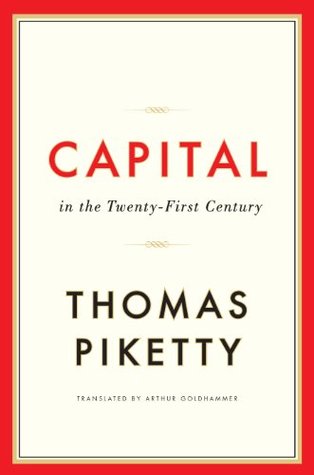In traditional societies, the basis of social inequality and most common cause of rebellion was the conflict of interest between landlord and peasant, between those who owned land and those who cultivated it with their labor, those who received land rents and those who paid them. The Industrial Revolution exacerbated the conflict between capital and labor, perhaps because production became more capital intensive than in the past (making use of machinery and exploiting natural resources more than ever before) and perhaps, too, because hopes for a more equitable distribution of income and a more
...more
Welcome back. Just a moment while we sign you in to your Goodreads account.


